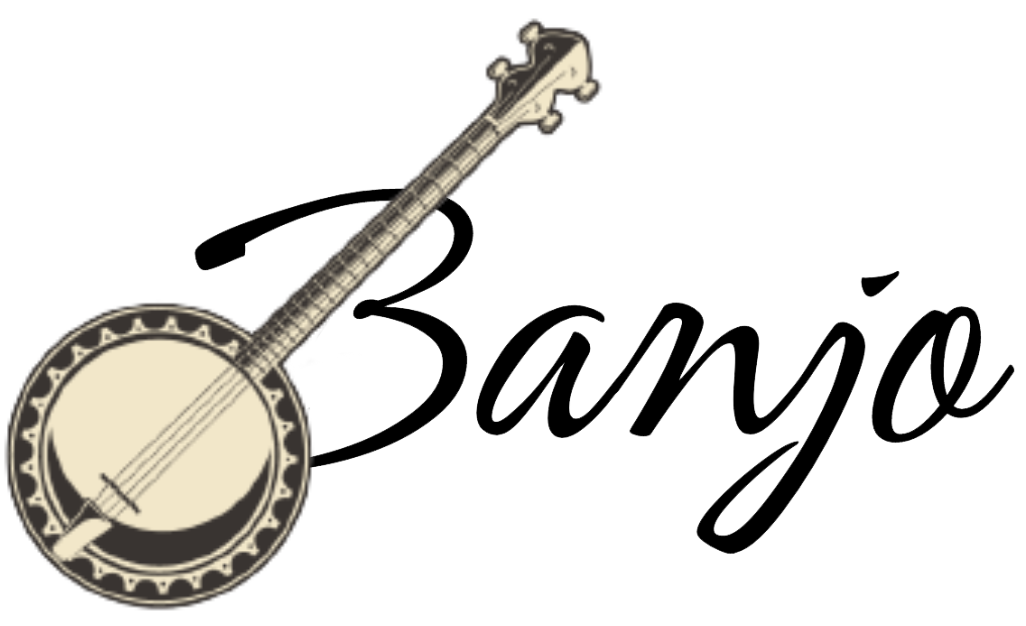
Deering’s most popular resonator model banjo, it offers musicians looking to start banjo playing at a budget-friendly price point an excellent starting point.
This banjo features a composite tone rim which helps give it its great sound. Reviews consistently state that this banjo sounds professional for its price and boasts good intonation right out of the box.
Tone
Resonators on banjos serve to shape its sound by providing an air chamber that alters its overall tone. A deeper resonator may produce more hollow, dark sounding notes while shallower ones may produce brighter, livelier responses from strings.
Resonator banjos typically produce louder tones than open back banjos, making them better suited to live performances and recording sessions due to the way that their resonators help project sound forward from the banjo rather than into its musician’s body.
The type of wood used in a banjo’s neck also has an impactful impact on its tone; mahogany necks will tend to produce darker tones than their ebony counterparts, while tone rings can have different results depending on personal preferences; some prefer loud or bell-like tone rings while others may prefer more subdued, mellower versions. Resonators do not make or break an instrument – rather it is simply personal preference.
Sound
Resonator banjos tend to sound brighter than their open-back counterparts, which allows them to cut through an array of fiddles, mandolins, guitars, tubas and xylophones in bands or concert settings with ease. Resonators offer skilled players an advantage in holding their own in bands or concerts settings.
Wood used for making the rim and resonator is also influential on tone. Maple tends to produce an up-front sound while mahogany brings depth and warmth.
For maximum acoustic purity, some players choose to remove their resonator altogether for the utmost in acoustic purity. It is easy to do and significantly dampens sound; furthermore it reduces weight of instrument. Your decision on whether or not to use a resonator depends on your style of music and comfort level with playing an open back banjo.
Design
Resonator banjos are instruments with metal resonators attached to their pot, which allows it to produce louder and project sounds towards an audience. This type of instrument is ideal for musicians performing Bluegrass and Old Timey music genres.
A quality resonator banjo should feature an ergonomic neck profile, radiused ebony fingerboard and nickel plated hardware. Furthermore, its construction must use quality materials with careful attention paid to details.
Resonator banjos tend to be more expensive than open-back banjos due to the extra wood and metal required in their construction, and can also be heavier to carry around due to their increased weight. However, playing alongside other musicians could benefit from having something heavier as it helps produce louder and resonanter sound, as well as making more complex chords and articulations easier for everyone involved.
Maintenance
Resonator Banjos produce powerful tones that project forward, making them well suited to Bluegrass and other genres of music. They may feature either a removable flange-mounted or integral (built into the pot) resonator; maple resonators tend to produce crisp, focused tones while mahogany ones have warmer tones with deeper vibrations.
Maintaining the cleanliness of your banjo is one of the key ways you can extend its life and ensure it performs at its peak. We advise wiping it down daily with a damp cloth to remove dust and grime, while purchasing a stand to store it out of direct sunlight or near a radiator (avoiding direct windows as this could bake its frets! ).
When changing strings on a resonator banjo, use a wrench to loosen the coordinator rod nut that holds tuner buttons onto your coordinator rod – this step will keep your banjo in tune for longer!

